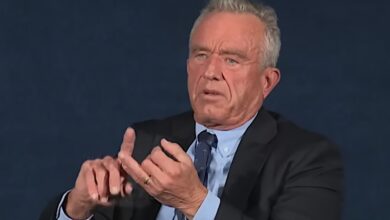Pastors advised to protect their mental health during pandemic
Pastors are struggling as they cope with stressed-out congregations during the pandemic. Their denominational leaders caution them to also look out for their own wellbeing. The National Association of Evangelicals shared advice during a recent COVID-19 Church Online Summit.
Doug Clay, general superintendent of the Assemblies of God, said their mental health committee recently polled their pastors on advice for other pastors during the pandemic, and they developed a nine-point list of best practices that they are now circulating among leaders. At the top of the list, pastors were asked to be mindful of boundaries. “All of us are going to be stretched in ways we haven’t been stretched before,” he said.
READ: Pandemic is leading to increased drug abuse
Pastors also were urged to find a trusted friend to help process decisions and leadership; intentionally manage their input, such as taking a break from the news; take care of themselves by finding good physical and emotional rhythms; allow themselves a laugh break; hold to realistic expectations; have private worship; control only what they can control and don’t get stressed out by what they can’t; and seek to find hope in creative ways.
Colin Watson, acting executive director of the Christian Reformed Church, said pastors should get used to the idea that there isn’t going to be a quick fix for the pandemic.
“I think the idea that this is really a long-term situation that we’re dealing with is something that we have to get used to,” he said. This is not just a short-term something that will be fixed in a few weeks and we can go back to being the way we used to be. The idea of we need to establish some practices and rhythms for the long-term is very, very important.”
Scott Ridout, president of Converge, a movement of churches working to help people meet, know and follow Jesus, agreed. He said while he hasn’t told pastors how to respond to the pandemic, he has facilitated online gatherings and is allowing them to do what works best for them based on their needs. “In times of uncertainty, people need clarity and agility,” he said.
–Alan Goforth | Metro Voice








